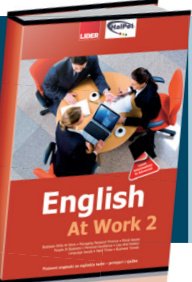Although some world politicians were in 1. _, the global economy was 2. _ into recession which is always difficult to get out of. Economic experts define recession as ‘a significant decline in economic activity 3. _ across the economy, lasting more than a few months’. This economic 4. _ is evidenced in a lowering of production as a result of decreased demand which in turn leads to loss of jobs, tightening of spending and further lowering of demand, thus completing a 5. _ circle. If measures taken by governments to break the circle fail, we might talk of depression, characterised by bankruptcies, high unemployment, inflation and restriction of credit. Recession is sometimes seen as a natural phase in the business cycle in which periods of 6. _ are followed by decline, while depression is a more severe condition.
Some of the terms in this lesson are regarded as the 7. _ for recession while others are measures undertaken by governments in an attempt to 8. _ it. The first sign that recession might be 9. _ in was the credit 10. _. At one point the price of money as a commodity increased, leading banks to raise interest rates not only on loans made to private citizens but, more importantly, on money lent to investment banks. When giants such as Merrill Lynch and Lehman Brothers 11. _ bankrupt, the US Congress passed the Bailout Act thus indicating that things were getting out of control. Bailout is a short-term measure of injecting (12. _-payers’) money into failing banks to help them bridge liquidity problems. The question arises as to why tax payers’ money should be spent because banks made mistakes. The answer lies in the fact that if these banks were to collapse, they would 13. __ the whole economy down with them, and not only that of the USA, but the economies of the whole globally interconnected world.




